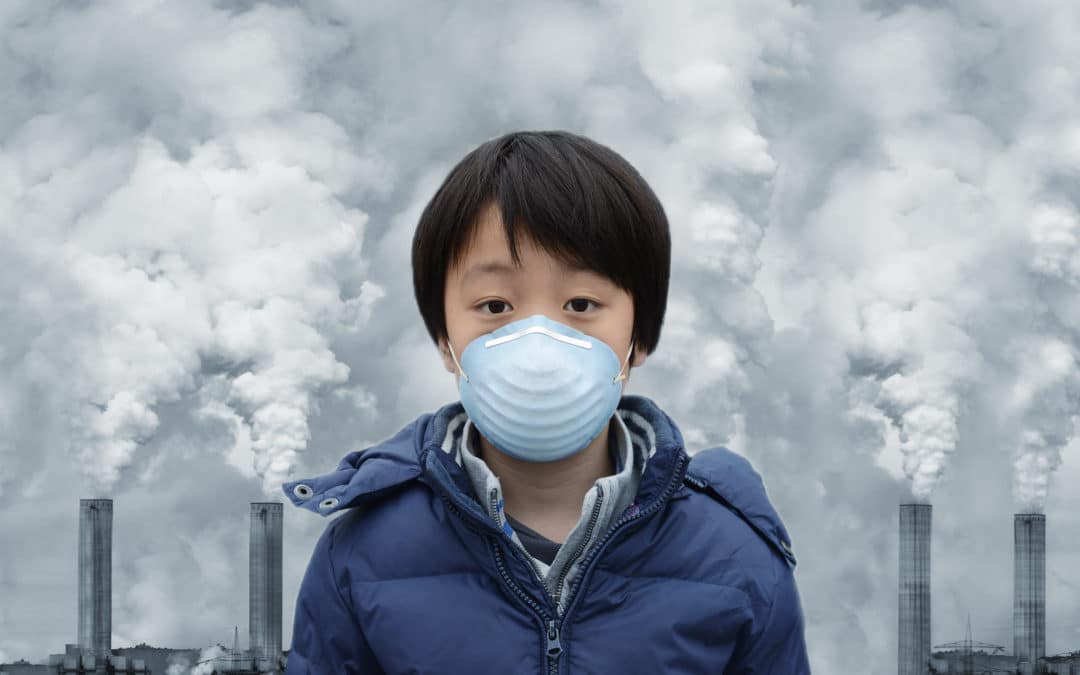The Atlantic has for some time published a thoughtful series of articles analyzing the reasons people decide to have children. It’s unfair to generalize about such a large body of work, but at Having Kids we think there is a sometimes express and usually implied norm in the articles: That each person has for themselves to decide the timing and number of their children, for their own reasons. The question is posed as: Should I have kids? That reflects the near universal norm underlying family planning today, something we call the Isolation Model.
We think that’s the wrong question to ask. When parents ask it they are wondering whether they will be able to provide for their child, whether the future world they will bring their child into will be good enough, how the child will impact their lives etc. But they usually don’t see that the answer to that question depends – most of all – on the collective reasons and actions of everyone in the world making that same decision, and having or not having children. Whether you will provide well enough depends largely on your own family circumstances and background, and the systems – cultural, economic, social, political, etc. – that will assist you in providing. It’s takes a village, as they say. Your child’s future world will be defined by the qualities and quantity of the people in it, something that is mostly determined by family planning decisions today and in the past. Will a child destroy your freedom? That depends on the level of quality at which you parent, and the help you get in the process, both of which depend on the often subtle systems of family planning and parenting in which we live.
So, the question should not be “should I have kids?” Rather it should be, how should we all plan together to have kids, biologically and otherwise? We can only get what we want, and the future we want for us and for our kids, by working together. One way to do that is to change from the Isolation Model to a collective action model called the Fair Start model. It’s a human-rights based model that’s pretty simple: It treats prospective parents, future children, and the community as equal parties in the process, prioritizes consensual government (or political freedom) as the goal of the process, and models the decisions the parties would make to become free.
But whatever model we choose, climate change means the time for acting in isolation is over. Thoughtless family planning is the greatest threat to our and our kids’ future. And parents don’t take threats to their children lightly, or stand by while governments do nothing. Having Kids will find parents that care enough about the future to take action, and help them shift our systems of family planning to build the future we all want, and deserve.
![]()

